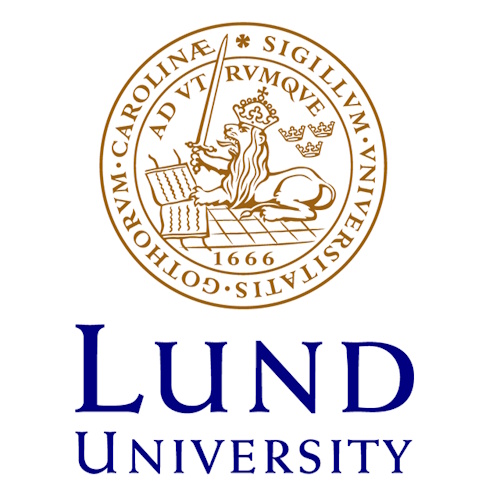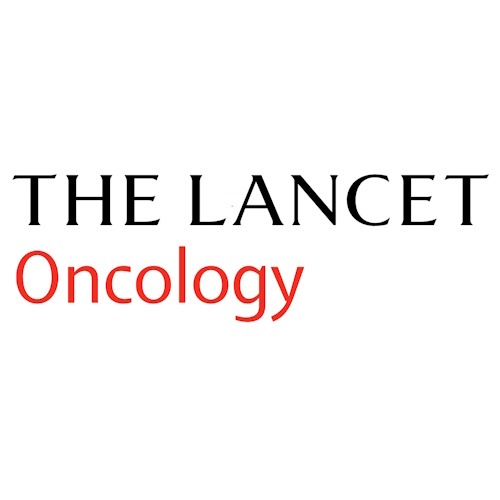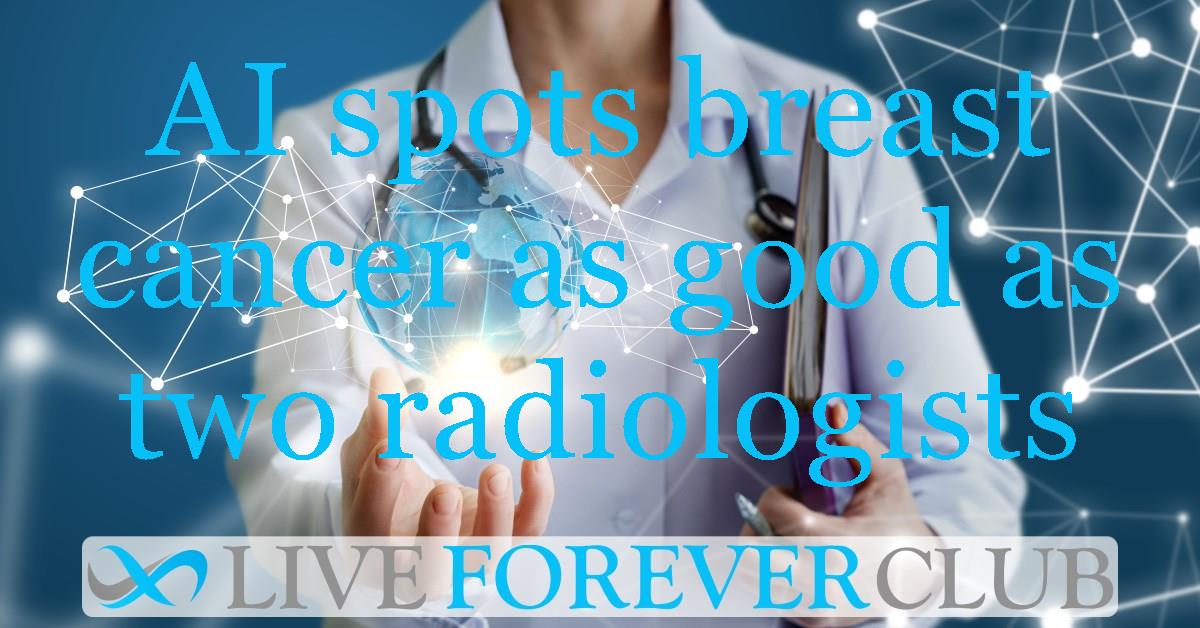Key points from article :
Researchers found computer-aided detection could spot cancer at a "similar rate" to two radiologists.
Trial involved over 80,000 women (average age, 54 years) from Sweden.
Half of the scans were assessed by two radiologists - standard care, while the other half were assessed by the AI-supported screening tool followed by interpretation by one or two radiologists.
In total, 244 women from AI-supported screening were found to have cancer, compared with 203 women recalled from standard screening.
Use of AI did not generate more "false positives" - where a scan is incorrectly diagnosed as abnormal.
The false-positive rate was 1.5% in both the AI group and radiologists group.
"...it could allow radiologists to be less burdened by the excessive amount of reading.. and enabling them to focus on more advanced diagnostics while shortening waiting times for patients," - Kristina Lang, lead author.
"A clinical radiologist with the data, insight and accuracy of AI will increasingly be a formidable force in patient care," - Katharine Halliday, president of the Royal College of Radiologists.
More research needed to fully determine whether it could be used in screening programmes.
Plans are under way to assess the best ways of implementing this technology into the NHS Breast Screening Programme.
Study by Lund University, published in The Lancet Oncology.








